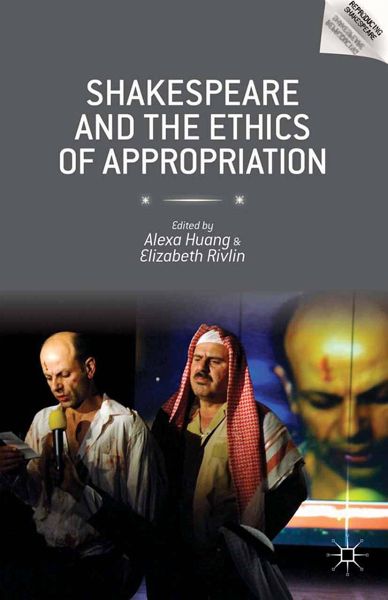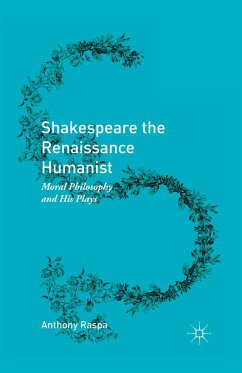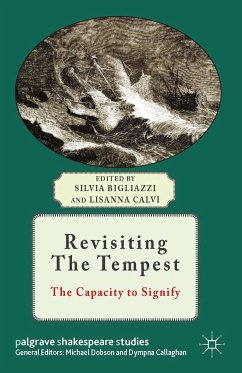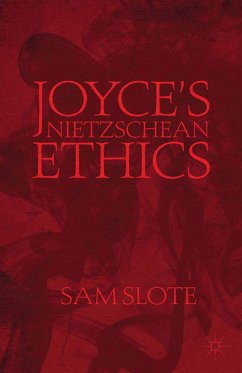
Shakespeare and the Ethics of Appropriation (eBook, PDF)
Versandkostenfrei!
Sofort per Download lieferbar
72,95 €
inkl. MwSt.
Weitere Ausgaben:

PAYBACK Punkte
36 °P sammeln!
Making an important new contribution to rapidly expanding fields of study surrounding the adaptation and appropriation of Shakespeare, Shakespeare and the Ethics of Appropriation is the first book to address the intersection of ethics, aesthetics, authority, and authenticity.
Dieser Download kann aus rechtlichen Gründen nur mit Rechnungsadresse in A, B, BG, CY, CZ, D, DK, EW, E, FIN, F, GR, HR, H, IRL, I, LT, L, LR, M, NL, PL, P, R, S, SLO, SK ausgeliefert werden.












